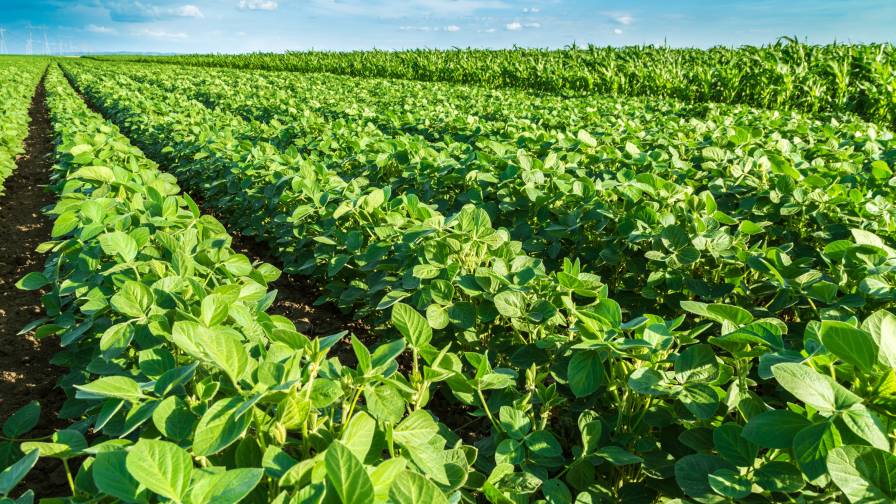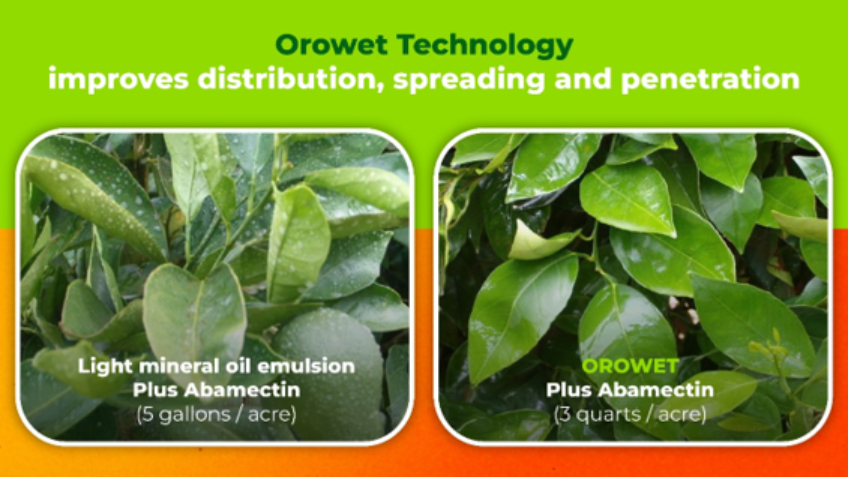Cibus Achieves Another Milestone for a Durable White Mold Resistance Trait in Canola
Cibus, Inc., a leading agricultural technology company that develops and licenses plant traits to seed companies for royalties, has announced that controlled environment testing of its third mode of action (MOA) for its Sclerotinia resistance trait in Canola demonstrated enhanced resistance.
The core of Cibus’ gene editing technology is its Rapid Trait Development System or RTDS. It is a system of proprietary technologies that integrates crop specific cell biology platforms with a series of gene editing technologies. RTDS enables the Trait Machine™, a stand-alone semi-automated end-to-end precision breeding system that is time bound and predictable, whose traits are indistinguishable from conventional breeding. Being able to develop and prototype different MOAs associated with Sclerotinia resistance trait in a series of timebound processes is an important ability of the Trait Machine process.
The Company has completed edits in each of four MOAs for its Sclerotinia resistance trait in Canola and has ongoing field tests for two of them. Management expects to complete field and/or greenhouse tests on all four of these MOAs by year end 2025 and expects to have additional edits and greenhouse results for its other MOAs by year end.
Greg Gocal, Co-Founder, Executive Vice President, and Chief Scientific Officer of Cibus, stated, “The results from our new third mode of action are very exciting and demonstrate our efforts to further improve Sclerotinia resistance in canola for the benefit of farmers who are looking for solutions to overcome this widespread disease. Using our RTDS process, this novel approach to develop resistance to complex diseases can be prototyped more quickly compared to a conventional breeding approach, where durable Sclerotinia resistance has not been achieved. Importantly, these new results give us a strong early indication that developing durable resistance using gene editing is commercially viable and can have potentially significant positive impacts for farmers.”
David Kendra, Executive Director of Advanced Trait Development of Cibus, commented, “We have identified multiple unique modes of action to generate resistance to white mold in canola specifically, and pests and diseases generally. The results across each of our modes of action have affirmed our expectation that our work in disease resistance can result in significant levels of resistance to fungal disease. We are pleased to demonstrate these results as we continue to develop traits in this timebound and predictable process.”
Peter Beetham, Co-Founder, Interim Chief Executive Officer of Cibus, added, “At Cibus, we continue to improve the level of resistance to Sclerotinia in canola and expect that the application of these traits will extend to other crops like Soybean. This is important as climate continues to impact the speed of change of diseases in crops and their geographic distribution. These new traits for major crops like canola will allow farmers to preserve yields, lower application costs, and reduce their use of crop protection products like fungicides.”





